The simple life in Mexico
Don is a writer, an introspective and sensitive soul who immediately fell in love with the culture and people of Mexico.
In this interview he tells us about his alternative and simple lifestyle living in one of Mexico’s pueblos magicos. He tells us what he loves about Mexico, about how he keeps busy and happy, and gives us an idea of the costs involved living “the simple life in Mexico”.
An inspirational interview.
Name: Don Karp
Country of Origin: USA
Number of years in Mexico: 20 (moved in 2003)
Hi Don! You moved to Mexico in 2003. Can you tell us about yourself and why you decided to leave the US for Mexico?
Thanks for inviting me for this conversation to discuss my life in Mexico.
I met someone who invited me to visit. At the end of the third visit, I was crying. I did not want to leave Mexico with its culture, based on family and community, to return to the US, where materialism predominates. Since I rarely weep, this uncommon demonstration prompted me to move to Mexico.
I worked for a couple of years to save money. It is wise to come here with money and/or a pension. Don’t assume you’ll find work here. I retired early from a career as a chemist and lab manager.
It takes an adventurous personality to launch into a foreign culture with an unfamiliar language and different customs.
About me: After attending the original Woodstock Festival in 1969, my life was transformed. I quit a doctoral program in microbiology after eight years of college because I found academic science too competitive for a sensitive soul. I shifted from the northeast to Berkeley, California, and stayed there from 1969 to 1971, engaging in counter-culture activities. Coming back East, I modified my career, becoming an artist following an apprenticeship. Between chemistry jobs, during periods of unemployment, I explored alternative education, guiding children in nature activities, and developing a successful day camp.
I participated in various methods of self-improvement, attending different seminars, such as the Landmark Training, and a male initiation. I lived in an eco-village intentional community for six years, in western Massachusetts, where I gained confidence by facilitating workshops I’d created.
This continuously evolving lifestyle readied me for the experiences I faced relocating to Mexico. It’s not for everyone.
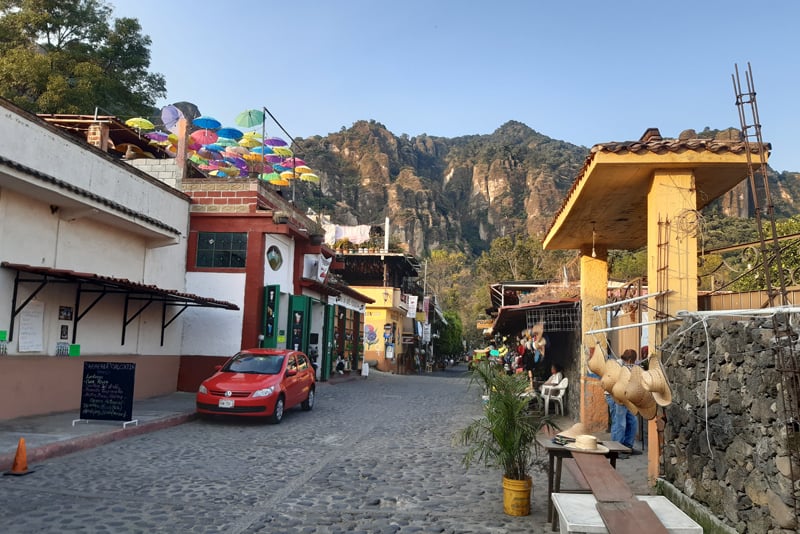
You’ve written a few books aimed at helping people settle in Mexico. Your books are practical, covering some of the usual questions: cost, safety, climate and health. But they are also inspirational, sharing your love of Mexico with people who are maybe on the fence about relocating there. What motivated you to write these books and share your experiences?
After relocating here, I launched an online newsletter to remain connected with friends and relatives back in the US. Over the years, I traveled around Mexico and encountered many people who I added to my list. I obtained favorable feedback about the newsletter, and my readers recommended I write a book.
I shared a rough draft with an author who had won both the PEN Oakland Award and the National Book Award. Her response after reading my notes was: “I got so involved in the reading I forgot to go to my yoga class”. She encouraged me to further my writing. That was the clincher! I started editing my memoir and self-published it in 2013: “The Bumpy Road: A Memoir of Culture Clash.”
I did not aim it at helping people settle in Mexico. I shared my life experiences: what inspired me, how I got help towards my goals, and how I overcame setbacks. The general theme was of the painful promptings life gave me to tell me to change my lifestyle (which I did many times since the 1960s).
In December 2022, I self-published another two books on my life in Mexico. The memoir, “Better Living in Mexico”, recounted my expat experiences—my self-discoveries while exploring a new culture. This one, and its companion “Letters from Mexico”, touches on the practical issues you mention. It covers people, places, and culture. You’ll be captivated by my nuanced look at Mexican culture and lifestyle. You will question your lifestyle, your personal relationships, and your creativity. These books will inspire you to see your way of life through a different lens.
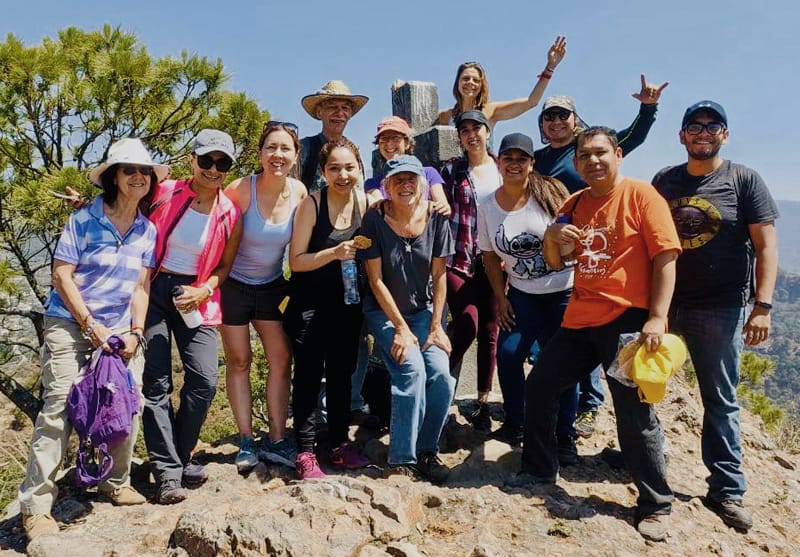
What should people know when considering a place to live in Mexico?
All people are unique. I can’t say what might appeal to them or what they should know when considering Mexico as their new home. I believe a lot of the decision-making comes from spending time in places that feel good on a gut level. Perhaps you have inclinations, for instance, beaches or mountains.
Personally, I never commit without living in a place for a while.
When writing a blog article on my alternative lifestyle, I received a comment from an expat reader on negative attributes I’d mentioned living in Mexico. He disliked that. I answered that I paint not only a rosy picture. I examine the full story—both positive and negative. I don’t think it helps anyone if I’m not 100% honest.
Twice I contemplated moving due to troubles. After pondering, I concluded that wherever I am, there will be problems. The best path is to weigh the pros against the cons, and if the positive features prevail, remain and tackle the drawbacks.
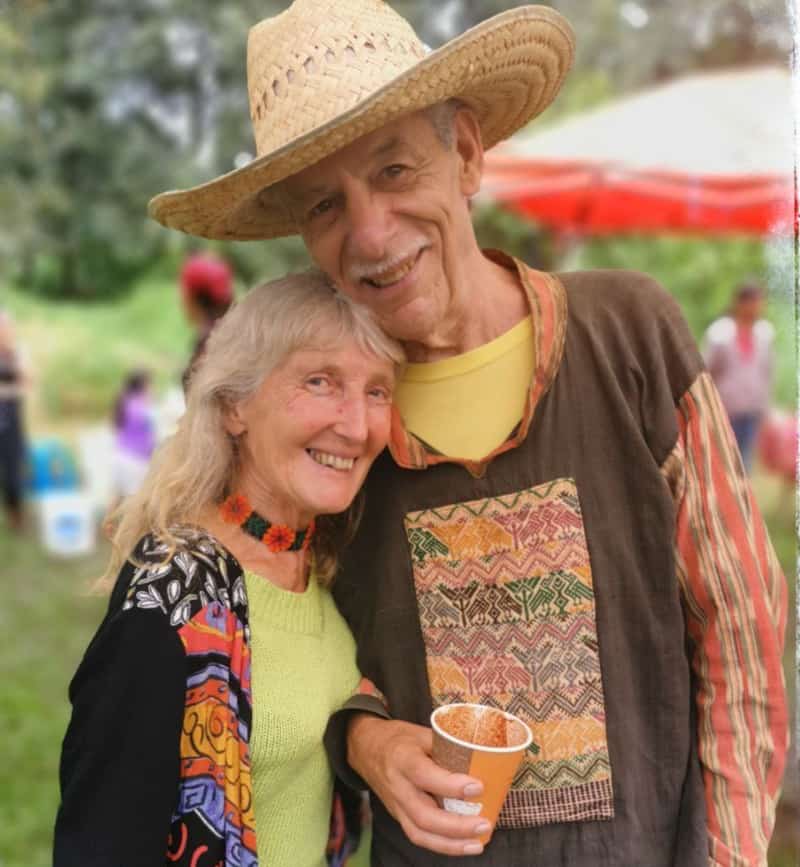
You yourself live in Tepoztlán (which we visited last year. A beautiful little place with an eclectic expat community). Where have you previously lived in Mexico and what made you decide Tepoztlán was the place for you?
I was lucky to be invited to Tepoztlán, and that’s what lured me to live in Mexico. In 2005, I lived for ten months in a lovely primitive cabin on a mountainside in the woods near Chalma. After that, I stayed another ten months living in Mexico City. At the end of that period, I suffered a sore throat for a month from air pollution and moved back to Tepoz for the fresher mountain air.
I have the feeling you’re not one for the heavily-settled Expat communities (places like San Miguel de Allende, Ajijic or Mérida). Rather, you seem to embrace the simple life and living at the local level. Can you tell us about that?
I’ve been to San Miguel and Ajijic. Those are not places I’d live. One can live a simple life anywhere. For me, part of the draw of Tepoz is the predominantly indigenous population. Although the resident population is 50,000 people, no large companies are here, for example, Wal-Mart or Starbucks. The locals forbid it. In fact, in 1996, during my first visit, there was a non-violent war. The unity and strength of the locals kept out a corporate golf course. This was referred to as the “Golf War.” After that victory, the town was self-governing, with the different barrios taking turns policing until they formed a local force.
Tepoz is a tourist attraction. It is one of Mexico’s “Pueblo Magicos,” (Magic Towns). There are many nightclubs, and I enjoy playing harmonica in them with my blues partner.
Part of the draw is the oddly shaped mountains. I’ve been on most of the local trails, and I sometimes guide groups on them.
No land is attached to my apartment. I do container gardening on the terrace and flat roof beyond it, growing herbs and salad greens.
For my first two years, I had a car I drove from the US. It was a good way to meet and transport people, and to travel the region. The roads are bumpy and mountainous. My money was going towards new tires and alignments. I realized that the multiple forms of public transportation are very affordable and plentiful. It was a relief to sell my car.
You’ve documented your love for Mexico. Can you sum up what you love so much about this country?
What’s most important culturally for me is the focus on family and community rather than on working and shopping like in the US. Mexico has a lot of fiestas. Some for the family, some religious, and others state-related. Fiestas are the glue of community. They connect families and community and involve everyone. Mexico lacks babysitters, and adults mix with the children and pets at fiestas. Each barrio honors its patron saint yearly with a fiesta. Outsiders are welcome.
The weather here is temperate—warm year-round.
And I enjoy the cheaper cost of living. Life in Mexico is much cheaper than in the US.
Can you give me a rough idea of the cost of living in Tepoztlan Don?
Above: Don’s apartment in Tepoztlán
You’ve been in Mexico 20 years so I’d love your perspective on safety and security in Mexico. What’s been your personal experience and what do you have to say to people hesitating to visit/move to Mexico because of fear?
If you are afraid, stay home. Steer clear of Mexico.
You could perform a web search or look at Numbeo to compare your city with one you will visit in Mexico. You will find valid comparisons of violence, and many other important characteristics (like cost of living comparisons).
Anywhere in the world has its dangerous parts and actions to avoid. Most of Mexico is safe, from my experience.
I’ve been robbed a few times because I did not pay close attention to storage. They were after expensive US camping gear—scarce in Mexico.
Tepoz is very safe. Young women can stroll the streets late at night on weekends with no problems. But I caution them not to do the same on woods trails unless they know those are safe.
Police can be a problem. With US plates on my car, they profiled me several times. Traveling here from the US, they detained me in Mexico City for covering the back window with luggage, despite just a portion being concealed. I handed over a bribe. They towed me twice for parking violations. Once I was in an accident where I made a long scratch on a car. The owner’s insurance inspector was ferocious with me.
I had a problem with immigration. I was on a bus that was stopped to check passengers at three in the morning and my papers were not up-to-date. The result was a night in an immigration jail in Acapulco. Read that story in my blog.
Editors Note: Don’s blog “Letters from Mexico”, covers many of his experiences as well as all the interesting people he meets in Tepoztlán. See his FB page here.
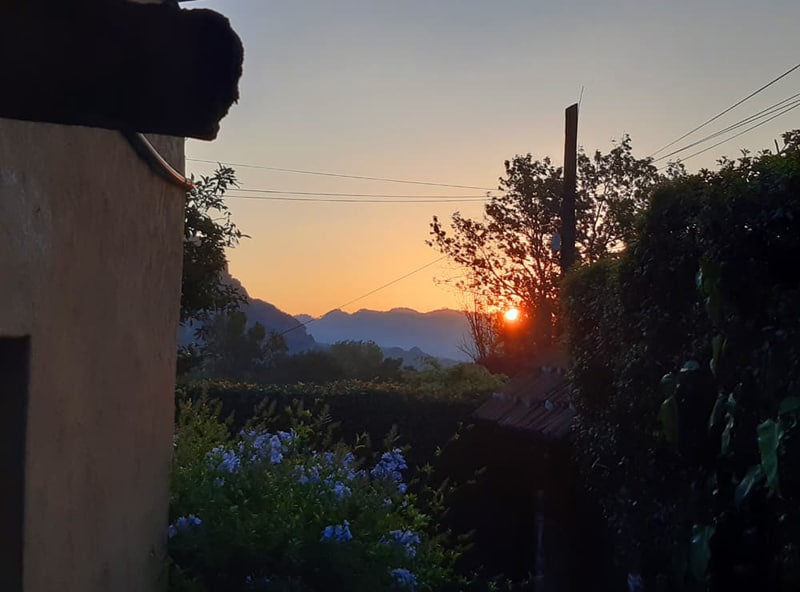
Do you think Mexico is your ‘forever’ home Don? Do you ever miss any aspect of living in the US?
Yes, I will live here, most likely forever and a day.
I miss friends and relatives in the US, and prior to the pandemic, I traveled there once or twice annually. I will go to see a friend in Tucson, Arizona. There is a chapter in “Better Living in Mexico” covering my love affair with that town. It’s on the border and much more accessible than the northeast, where family and friends live.
I am not as daring as I previously was. I do not want to get ensnared in the conflicts and apprehensions that I hear are common in the US and are not as evident in Mexico.
Many thanks to Don for this interview!
Want to be interviewed? If so send us an email or leave a comment
Related: “Retirement Secrets of Mexico”
Related: On Travel to Mexico – why I’m sick of the ignorance
Related: What’s it like living in Mazatlán? (plus misconceptions, safety, and Pueblo Magicos)

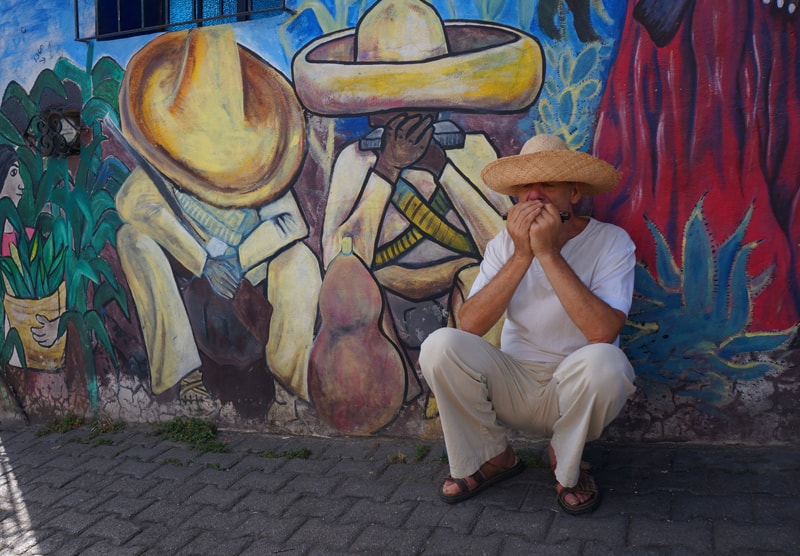
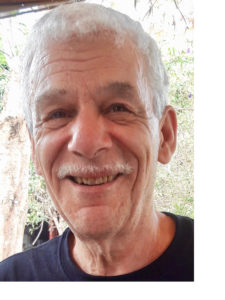
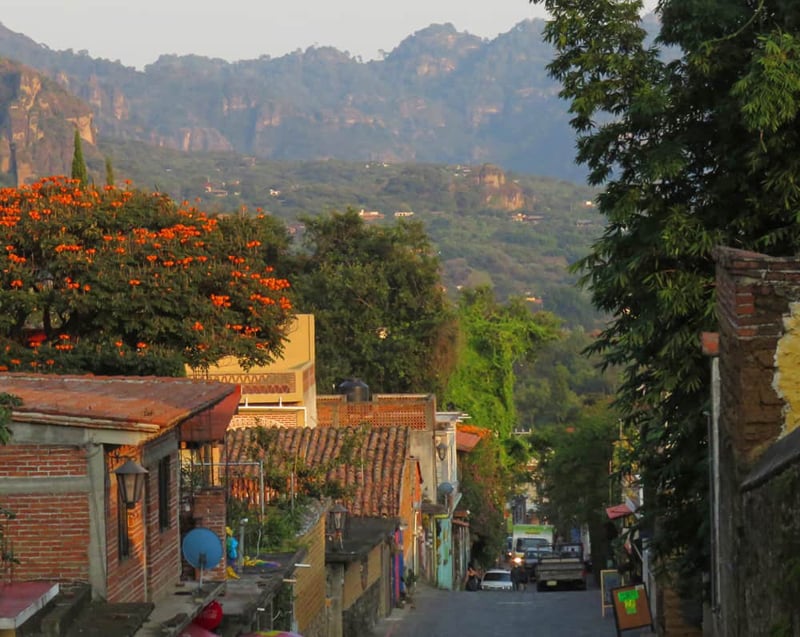

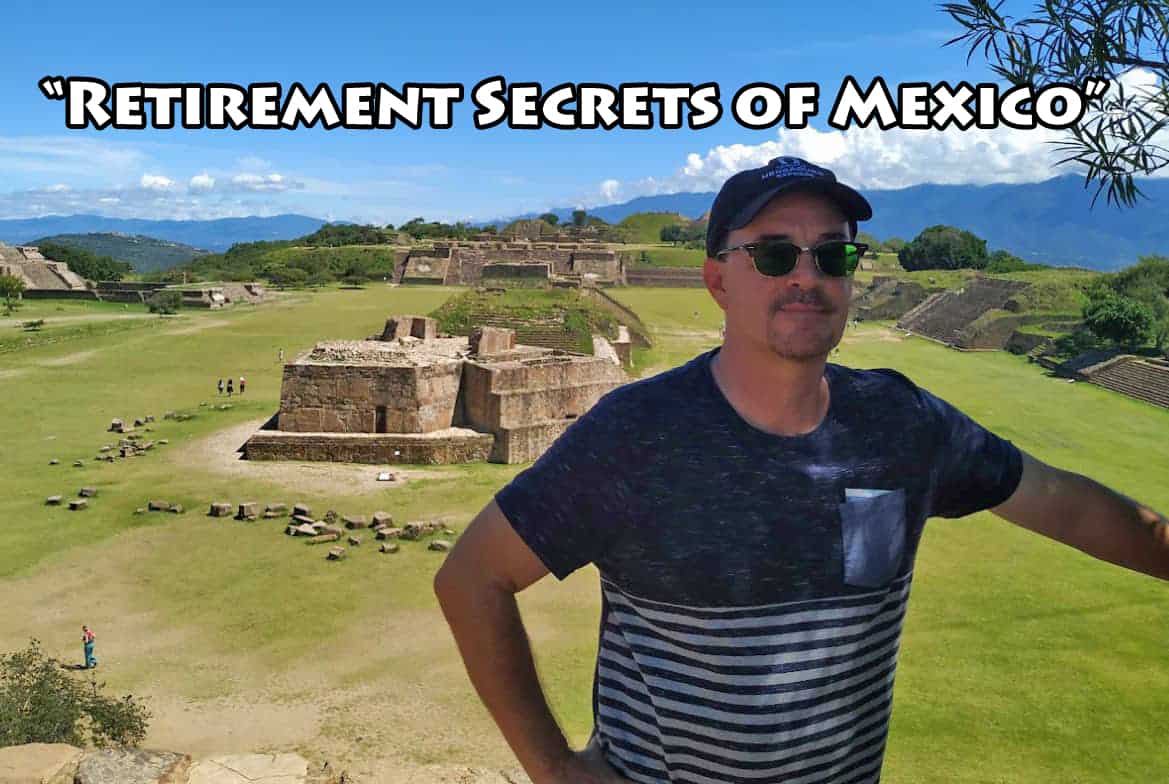
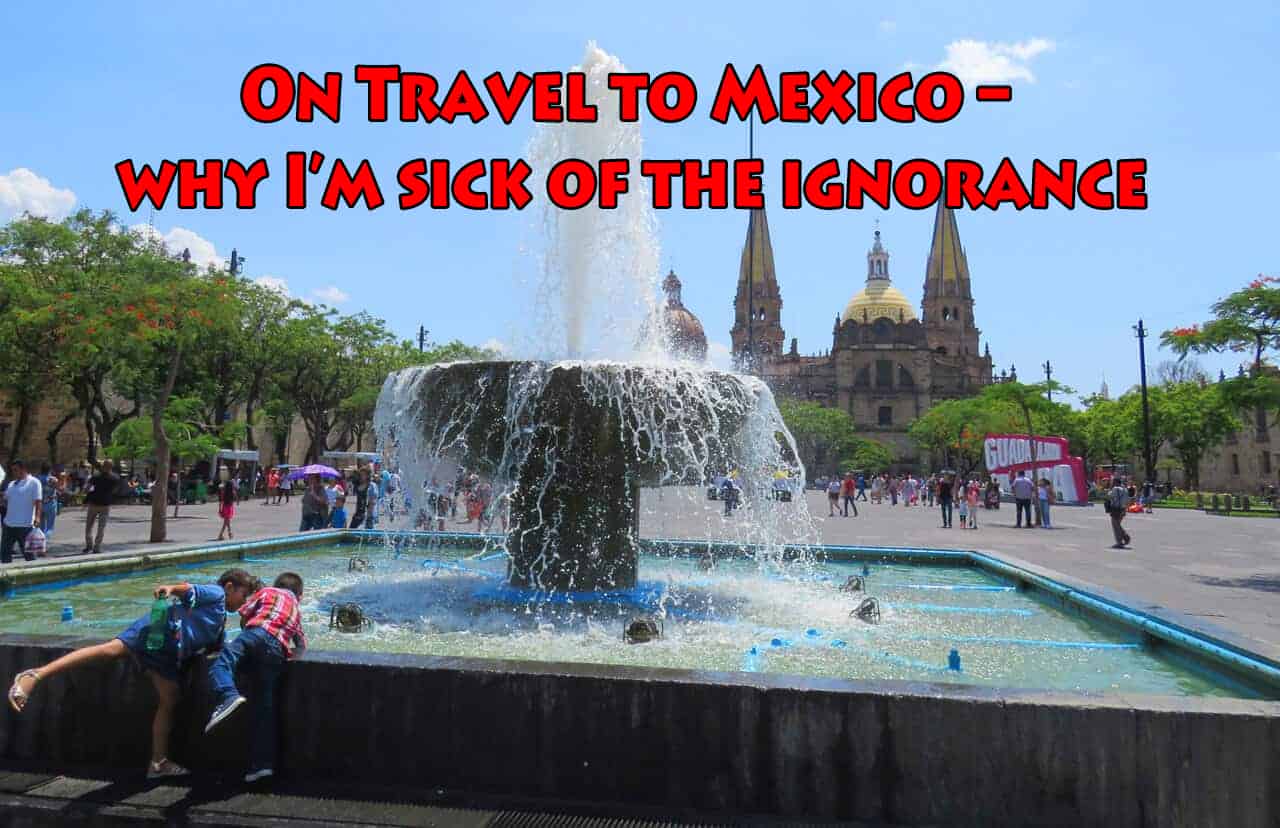
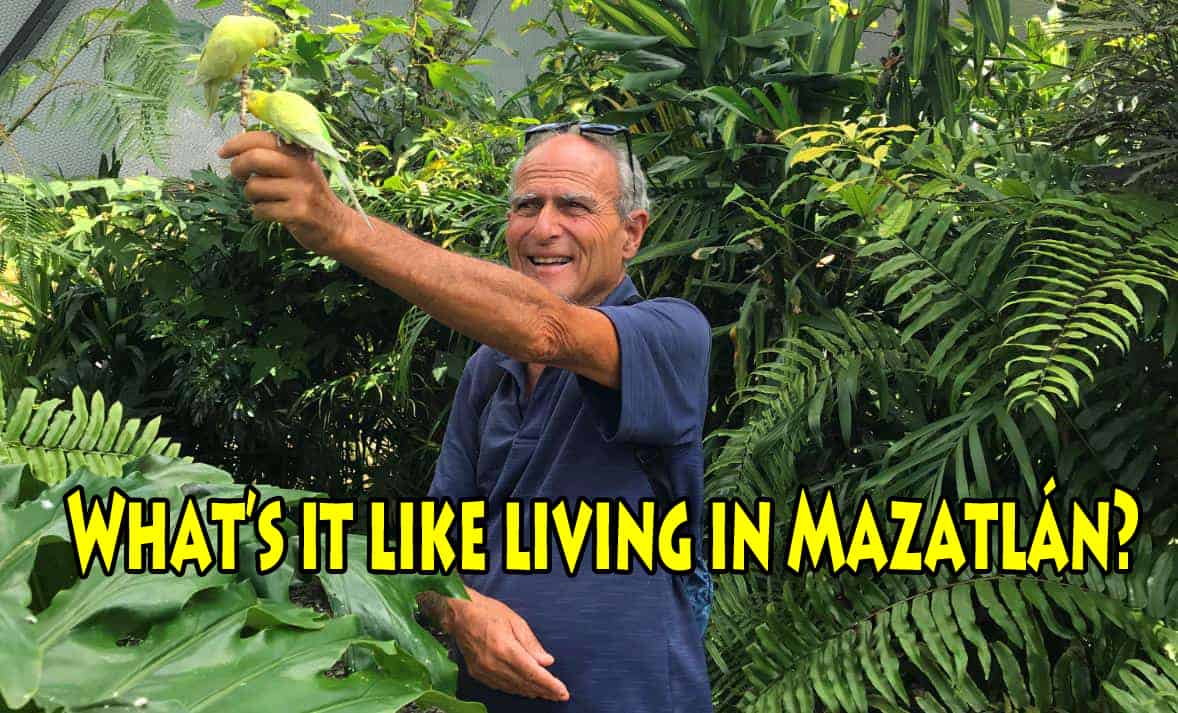
Also a writer living in Mexico, though I write for a small periodical and have little income/no retirement. Don paints an accurate portrait to my experience. I, however, lean toward seaside communities away from the touristy crowd and mostly in Baja on the Pacific side. I can rent a small house for $300, and actually, my last two houses; a modern 2/2 on Bahia San Quintin with no neighbors and a 4/2 ranch-style house a few miles inland, were 200 and 150, respectively. Both were on 1.25-acre fenced lots.
My power runs a little less than Dons on average, like maybe $12 every two months, which is the normal billing cycle. Propane, about $7 per month, cell phone, $10, water varied from public system to delivered ‘pipas’, or a 10,000 liter truck and ran me an average of $10 per month. Apartments here in this farming country can be as low as 800 pesos (~$50 today) or so, but yes, inflation rising and exchange rate dropping in Mexico’s favor have raised prices across the board for goods and services.
I drive an old-beater Jeep 4X (on my fourth one now, bought used for ~2k US and driven for 4-5 years each) and haven’t been ‘profiled’ since the 90s in La Paz when in a new Jeep. Then, I would not pay their bribe and they eventually gave up. That is the right thing to do if not guilty. If guilty, demand to go to the station to pay, officers aren’t legally allowed to accept ‘fines’. If paying the ‘mordita’, you just encourage more of the same.
And, as he said, it’s a very subjective thing in what folks like, but I agree 100% on his take on the beauty of the people and culture. Every village is a family-tight community for the most part, and the Mexican working middle-class is actually very strong. A carpenter or mason in Mexico can rent or buy a house on about 1/4 of their earnings in most areas, which is a standard long dead in the US. I, too, hope to be here ‘forever and a day.’ Anyhow, my wingman Flash Gordon and I love Mexico!
Really enjoyed reading this, Don’s an interesting character and I like his outlook on life. I could easily live in an apartment like that, very nice. Who needs more? Great read.